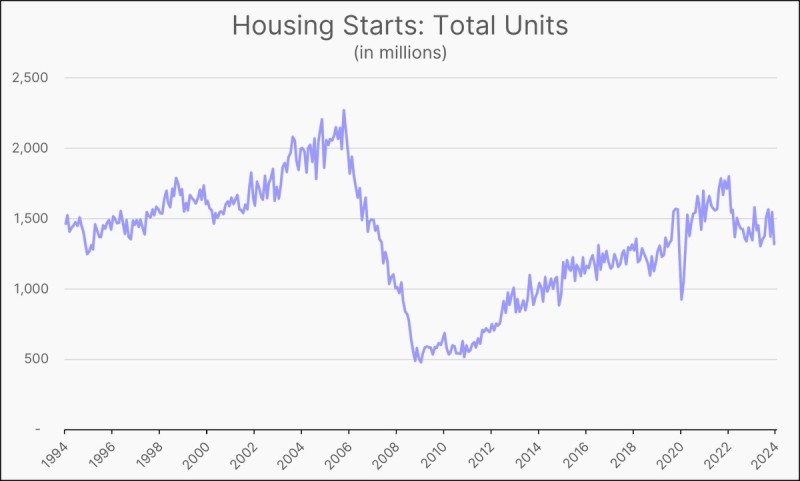Advertisement
Facing the Challenges of the Current Mortgage Banking Landscape

As we look at the current industry and where it will likely head over the next few years, many brokers have more questions than answers. Companies, brokers and loan officers are still figuring out how loan originator (LO) compensation reform will impact their balance sheets and wallets. As the government and banks have continued to add more requirements to get loans approved, it has become harder for once-qualified individuals to get loans. A few large companies seem to control a large share of the market.
State of the industry
Large, nationwide banks are still dominant players in the mortgage banking industry. However, most of these banks have begun consolidating their retail branches and have refrained from opening additional brick and mortar offices across the nation. The big banks appear to be satisfied with their current volume and customers. They originate a satisfactory number of loans, and at the same time, they can offer their customers a variety of ancillary services from free checking to savings and investment accounts. This keeps the larger banks busy and profitable.
This situation also leaves room for smaller mortgage banks to reach customers in ways the big banks are no longer doing as aggressively as in the past. Meanwhile, customers who may be skeptical of the larger banks or may not need the gamut of services offered are likely to choose smaller mortgage banks for their loans.
Banking versus brokers
Today’s environment is decidedly more favorable for mortgage bankers. Brokers are increasingly marginalized by the big banks and mortgage bankers who now control approximately 93 percent of the mortgage industry. As risk has increased and government reforms have been put into place, the entire industry has shifted. In this climate, direct lenders, both big and small, have a distinct advantage over individual brokers.
While the pendulum may well swing back in favor of brokers and smaller bankers in the future, today, the consumer, real estate agent, asset managers, investors and warehouse lenders all prefer to deal with banks and mortgage bankers with solid balance sheets and proven business practices. In an industry already overloaded with excessive hurdles, remaining a broker today seems an unnecessary hurdle to leave in place.
Today’s added challenges
Implementing LO compensation reform in April of this year was a difficult challenge to overcome for many mortgage companies, brokers and loan officers. As the dust continues to settle from those regulatory changes, the industry faces two large hurdles.
First, originators, underwriters and consumers are bearing more of a burden. The underwriting process has become increasingly more laborious and has made gathering the necessary paperwork for a loan more difficult. As the big banks add overlays to already stronger regulations, the process becomes more difficult for consumers. This sometimes results in once-qualified consumers not being approved for a loan. Ultimately, the big banks are overruling Fannie Mae and Freddie Mac as they look to minimize mortgage risk on their balance sheets.
The second issue stems from the lack of a viable secondary market for mortgages. In the past, Wall Street investors would buy up loans from banks to help mitigate risk for the bank. Now, although investors are buying loans, they are sold back to the banks if the investor defaults. A viable secondary mortgage market is unlikely to emerge until the end of 2014. In the meantime, mortgages will continue to be written conservatively and analyzed thoroughly before they are approved. These mortgages are so safe that they have some of the lowest interest rates in history and, when sold to investors, they do not offer a high return-on-investment (ROI). With low interest rates, investors are more likely to place their money in other parts of the market where there is a higher ROI.
Taking all of that into consideration, the stock market is still fickle and has seen recent swings of 100-plus points per day. Even if the market stabilizes, mortgages may be seen as one of the safer places to invest money. Mortgage-backed securities (MBS) that include fully-documented and scrubbed mortgages are just as safe as a treasury bond. Despite the low ROI, some investors may see mortgages as a safe, quality way to invest.
Think back to 1993 and the Jack in the Box E. coli outbreak. In the months after the outbreak, Jack in the Box was probably one of the safest fast food restaurants, as they were under the watchful eye of the public and enacted some of the toughest food safety procedures in the industry. Now, with government rules and regulations in place and banks adding their own layer of rules and regulations, MBS are one of the safest options available.
Tomorrow’s opportunities
Although the big banks seem to reign over the entire industry and have a lot of leverage when it comes to getting a loan, there are several opportunities for smaller mortgage banks. Smaller mortgage banks that can consistently approve mortgages within a standard timeframe will succeed and be profitable. This does not base success on volume for volume’s sake, but instead, relies on a wide customer base for overall health, whereas the big banks rely on selling a wide variety of services to a limited number of customers. Servicing is becoming increasingly attractive and feasible for smaller mortgage banks and can be a great way to diversify a company’s revenue.
Beyond selling mortgages, the culture within a mortgage bank is highly important to its current and future success. A successful company culture is one that encourages employees to help others and creates a willingness among employees to do what is best. Companies with strong corporate cultures are also more likely to have higher staff retention rates. In today’s competitive mortgage marketplace, every high performing LO is a highly sought-after prize. With compensation reform changes now in place, compensation alone is not enough to draw talented LOs to a new company. Having a reputable culture of service and success, however, can go a long way to keep high-quality employees or attract high-performing LOs.
Part of doing business the right way means creating a positive working environment for employees and giving LOs the tools they need to succeed. This will keep customers happy and lead mortgage banks to success and profitability. Small mortgage banks can also stand out by teaching basic and effective sales techniques to their LOs. These techniques include:
►Providing excellent customer service
►Researching and prospecting the right potential customers
►Listening to prospective customers’ needs and meeting those needs
►Adding value to customers’ businesses by providing customers with information to help them succeed
Big banks do not always have to rule the mortgage industry. As the economy recovers and the secondary mortgage market re-emerges, smaller national and regional mortgage banks are likely to become more dominant players within the industry. In the meantime, showing a commitment to core business principles, employees and customers is a sure way to stand out.
Leif Boyd is senior vice president of production for American Pacific Mortgage. Since joining American Pacific Mortgage, Leif has taken an active role in overseeing all aspects of mortgage origination, including the oversight of the production department and 114-plus branches. He may be reached by phone at (916) 960-1325 or e-mail [email protected].
About the author





